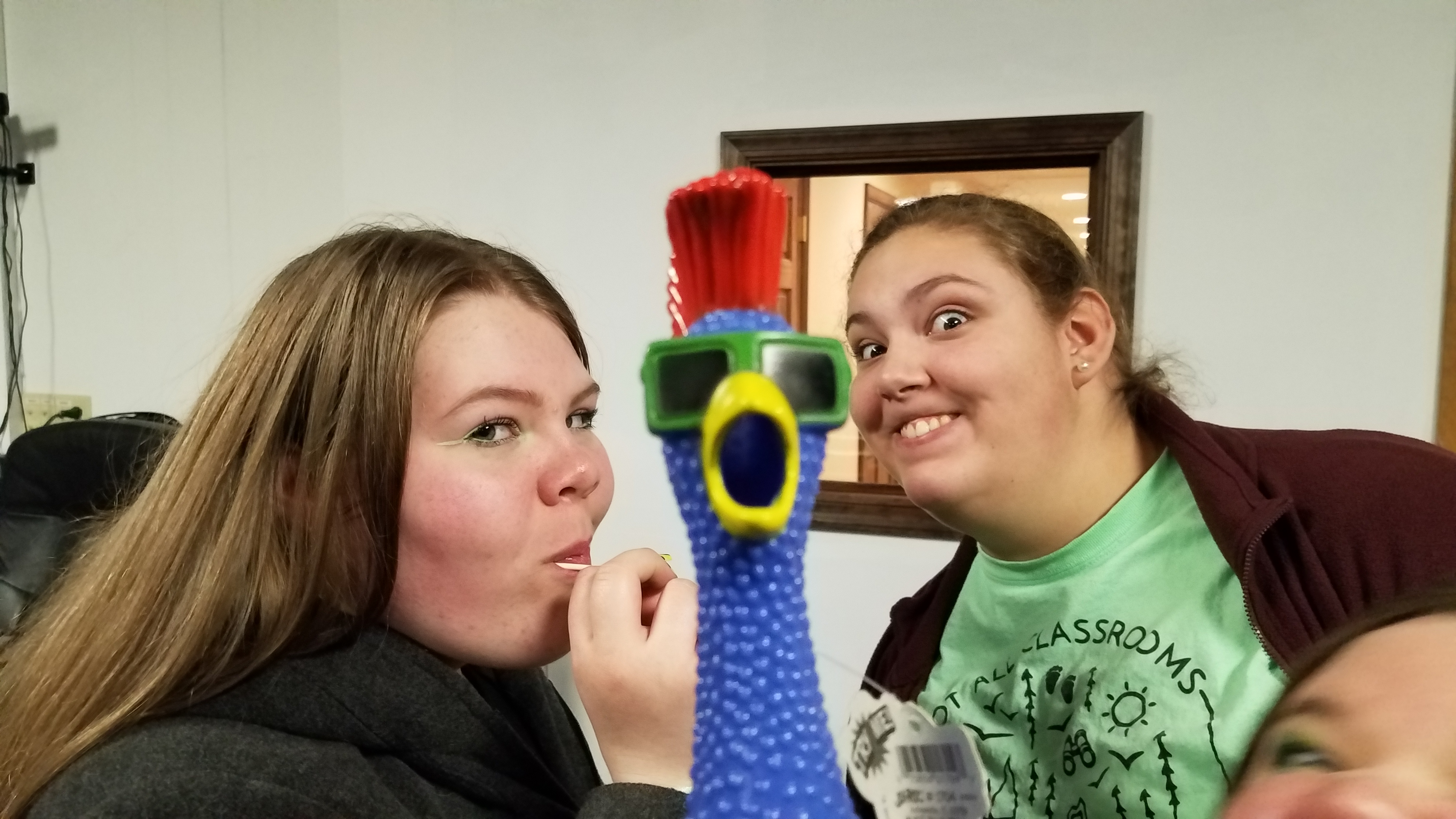Hello. Welcome to this week’s online lesson. There was no lesson last week since we had a game/snack night. If you want to catch up on previous lessons, click here.
We’re going to lead off with a fairly unknown song from Casting Crowns, called “Love you with the Truth:”
Atop our prayer list this week is Pastor Paul and the Sheets family after Sally graduated to Heaven over the weekend. This, of course, was just a few weeks after Pastor Paul lost his brother, David, unexpectedly to COVID. He is on leave for the time being as he spends time with family and they create a new normal. Please be lifting them each up … Pastor Paul, Steven, Sherilyn, Jessica, Ella, Ezra and the extended family.
Those who would like more information about the online service or to leave a note of encouragement or story about Sally can do so at www.sallysheets.com
Hunter Sauers had surgery today on a broken hand as three pins were put into place. He has to follow up in two weeks. Please keep him and the Sauers family in prayer.
Julianna Jordan injured her knee at practice Wednesday afternoon. It could be pretty significant. Please be praying for her and the family as they set up appointments and evaluate the situation.
Lucille Rothermel — grandmother to Paige, Samantha and Austin — is in the hospital with congestive heart failure as they try to remove fluid and help her breathing improve.
John Zaktansky has a small procedure Monday at Geisinger to remove a lump in his upper chest wall, which will go off for testing just to make sure all is OK.
Trina Eia and her family continue to navigate their course completely on God’s timeline and direction. Please continue to pray for them. Recently, there was a hymn sing where she is living. Three of our teens — Julianna Jordan and Paige and Samantha Zaktansky — were there to show support. Here is a snippet from the gathering:
— — —
When I (John) was in Middle School, a group of friends were goofing around in music class. They had the bright idea to insert a paperclip — folded into a two-prong shape — into an electric socket to see what it would do.
Just before one of them inserted it while holding the metal paperclip, I stopped him, pointing out that it wasn’t a smart idea, especially without an insulator against the electricity. Wood and rubber are typically two good insulators, so they wound up inserting the paperclip into the end of a pencil eraser and used that as a handle to “plug in” the paperclip.
One of the group inserted the modified unit into a socket. Sparks flew, drips of melted paperclip dripped onto the carpet and there was a small poof of smoke. The guys all cheered, and then kept talking each other into taking turns with other paperclips into nearby sockets.
“It won’t hurt you,” they’d reassure each other. “You have to try it. You don’t want to be a wimp.”
Common sense suggested up front that this was a bad, really life-threatening idea, and yet one after another stuck paperclips into sockets until they got caught. Since I technically “assisted” the effort, I was called into the principal’s office, as well, and we all were suspended several days. We found out later that the prank actually blew out the sound system for the nearby auditorium and left behind a ripple effect of negative consequences.
That story popped into my mind recently as our annual church guest Gideon speaker shared a message titled “The three lies from Eden.” First, background from Genesis 2:8-9 and 15-18 (NKJV):
The Lord God planted a garden eastward in Eden, and there He put the man whom He had formed. And out of the ground the Lord God made every tree grow that is pleasant to the sight and good for food. The tree of life was also in the midst of the garden, and the tree of the knowledge of good and evil.
Then the Lord God took the man and put him in the garden of Eden to tend and keep it. And the Lord God commanded the man, saying, “Of every tree of the garden you may freely eat; but of the tree of the knowledge of good and evil you shall not eat, for in the day that you eat of it you shall surely die.” And the Lord God said, “It is not good that man should be alone; I will make him a helper comparable to him.”
This provides some backdrop … God created Eden, he created man who lived in Eden and God created trees that were pleasant to look at and good for food. But, God went on to tell Adam that he was not to eat from the tree of knowledge of good and evil, and if he did, it would lead to death. Lastly, just for context, look at the timeline suggested by the final verse of that reading … Eve comes after God’s edict about not eating from the tree. This sets the stage for a serpent to slither his way in and create a moment of eternal temptation, from Genesis 3:1-7 (NKJV):
Now the serpent was more cunning than any beast of the field which the Lord God had made. And he said to the woman, “Has God indeed said, ‘You shall not eat of every tree of the garden’?”
And the woman said to the serpent, “We may eat the fruit of the trees of the garden; but of the fruit of the tree which is in the midst of the garden, God has said, ‘You shall not eat it, nor shall you touch it, lest you die.’ ”
Then the serpent said to the woman, “You will not surely die. For God knows that in the day you eat of it your eyes will be opened, and you will be like God, knowing good and evil.”
So when the woman saw that the tree was good for food, that it was pleasant to the eyes, and a tree desirable to make one wise, she took of its fruit and ate. She also gave to her husband with her, and he ate. Then the eyes of both of them were opened, and they knew that they were naked; and they sewed fig leaves together and made themselves coverings.
Notice the lies told via the serpent that led Eve to making a historically bad idea. A life-threatening decision that has impacted all of mankind ever since.
“Has God indeed said, ‘You shall not eat of every tree of the garden?'”
In other words, questioning the edict from God. It is interesting that the serpent asks this of Eve — who wasn’t physically there when God shared this rule. It casts a little doubt potentially for Eve … maybe Adam translated God’s wishes incorrectly? How often do we face such questions when someone is trying to talk us into something we know is wrong. Did your parents really say you shouldn’t watch this specific movie? Did your parents really tell you to be home by 10:00 on the button … what if you were home by 10:05? 10:10? You’d still be home in the 10-o’clock hour. Questions like this encourage us to blur the black-and-white, line of what we know is correct and mindlessly flirt our way across that blurred line.
“You will not surely die.”
The serpent next questions God’s consequence for the action. You won’t die if you take a bite. That seems like quite a crazy over-reaction! Sort of like those kids in my Middle School class trying to goad each other into putting paperclips in electric sockets. It won’t kill you. You’ll be OK. Or maybe you’re driving and someone encourages you to go beyond the speed limit because you’re late to a movie … “You can go a few miles over the speed limit … you surely won’t get pulled over.”
Interestingly, Eve and Adam don’t physically die the moment they take a bite from the fruit. In many ways, Satan’s craftiest lies include a shred of truth in them. Of course, we know — looking back — exactly what God meant with His warning. The moment they defied His will, Adam and Eve spiritually died. There days in what would have been eternal paradise were suddenly numbered.
“God knows that in the day you eat of it your eyes will be opened, and you will be like God, knowing good and evil.”
The serpent attempts to blur the lines of God’s simple, black-and-white demand. Then the serpent questions the consequence of defying that request, making it seem like an over-reaction and not the truth. Finally, he makes the poor decision about to be made seem like a good thing for Adam and Eve. Not only will eating the fruit not literally on-the-spot kill you, but you will gain great knowledge.
Looking back to the paperclip-in-the-electric-socket experience from Middle School, this part lines up with the promises that by doing this dumb prank would make one cool and not a wimp. Not only will you survive this stunt, but it will benefit you in some unexpected way. How often are the temptations faced at school or in peer groups similar … do this and everyone will like you? Do this and you’ll be cool? Do this and … you get the drift.
Considering the three-step process that the serpent duped Adam and Eve, what are some examples of how your peers have tried to tempt you into doing something you knew was wrong? Were they successful? What did you learn from that experience? Looking at Satan’s approach for Adam and Eve, what are some red flags you can watch for when someone tempts you to veer from a path you know is right?









